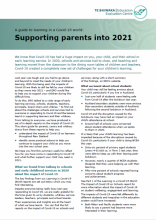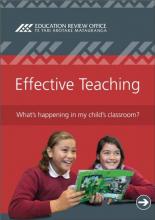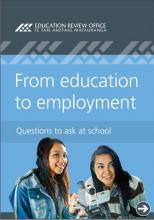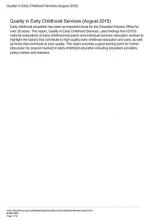A guide for parents and whānau on supporting science in primary school
Learning science in the primary school years helps children become better problem solvers and critical thinkers. This short guide aims to help parents and whānau of children in primary school to understand why science matters for this age group, know what to expect for science teaching and learning for their child, and think about how they can support their child’s science learning journey.














